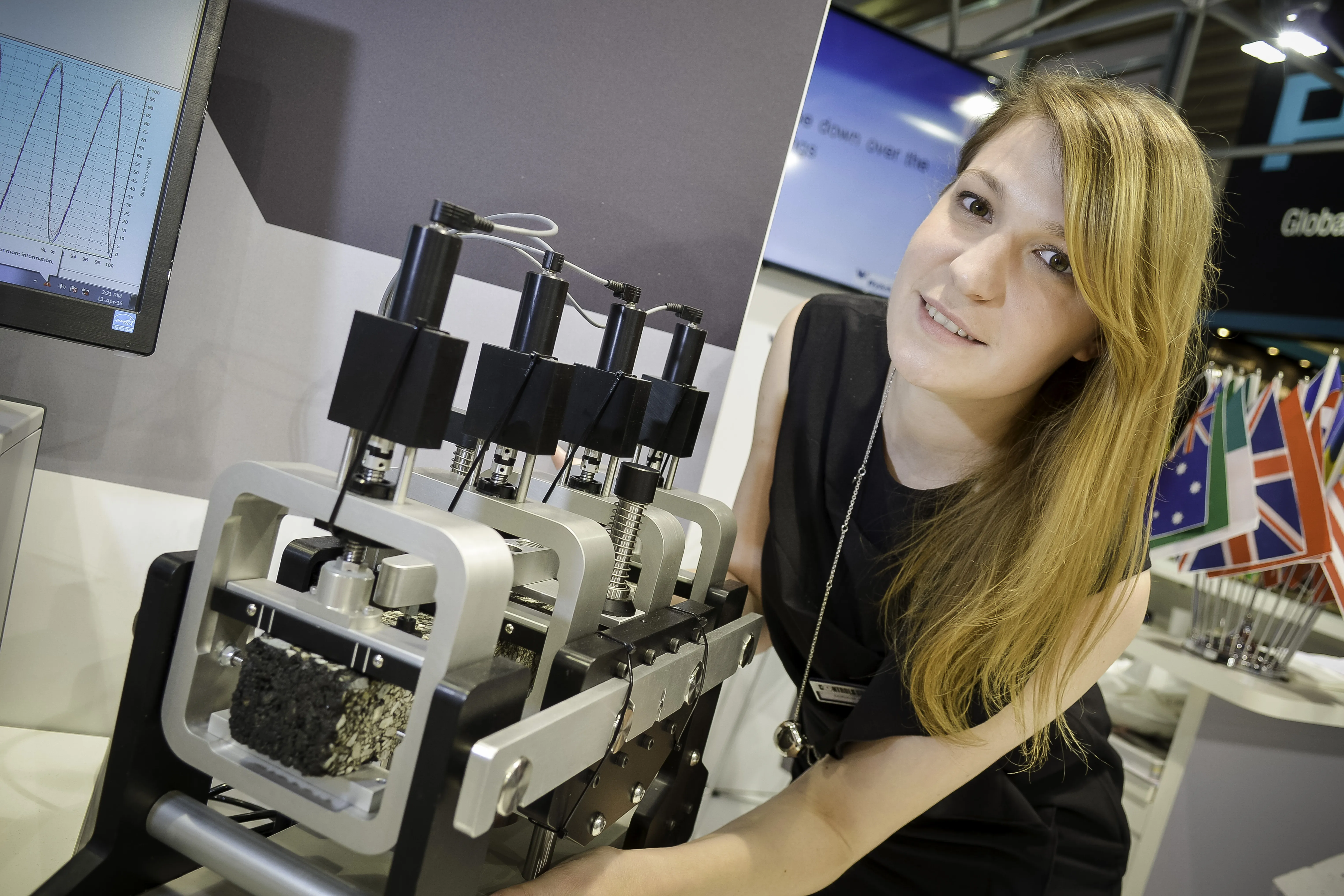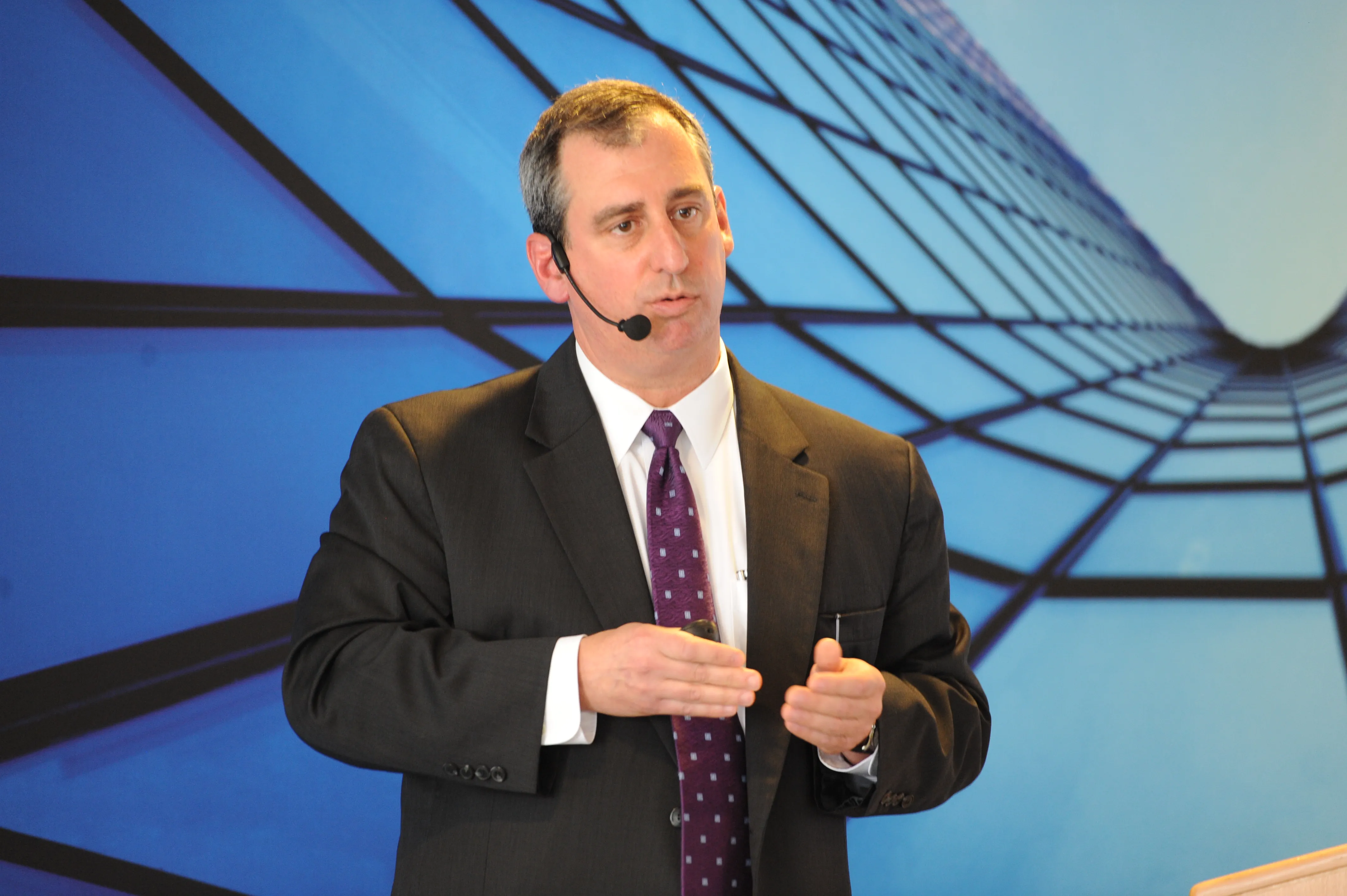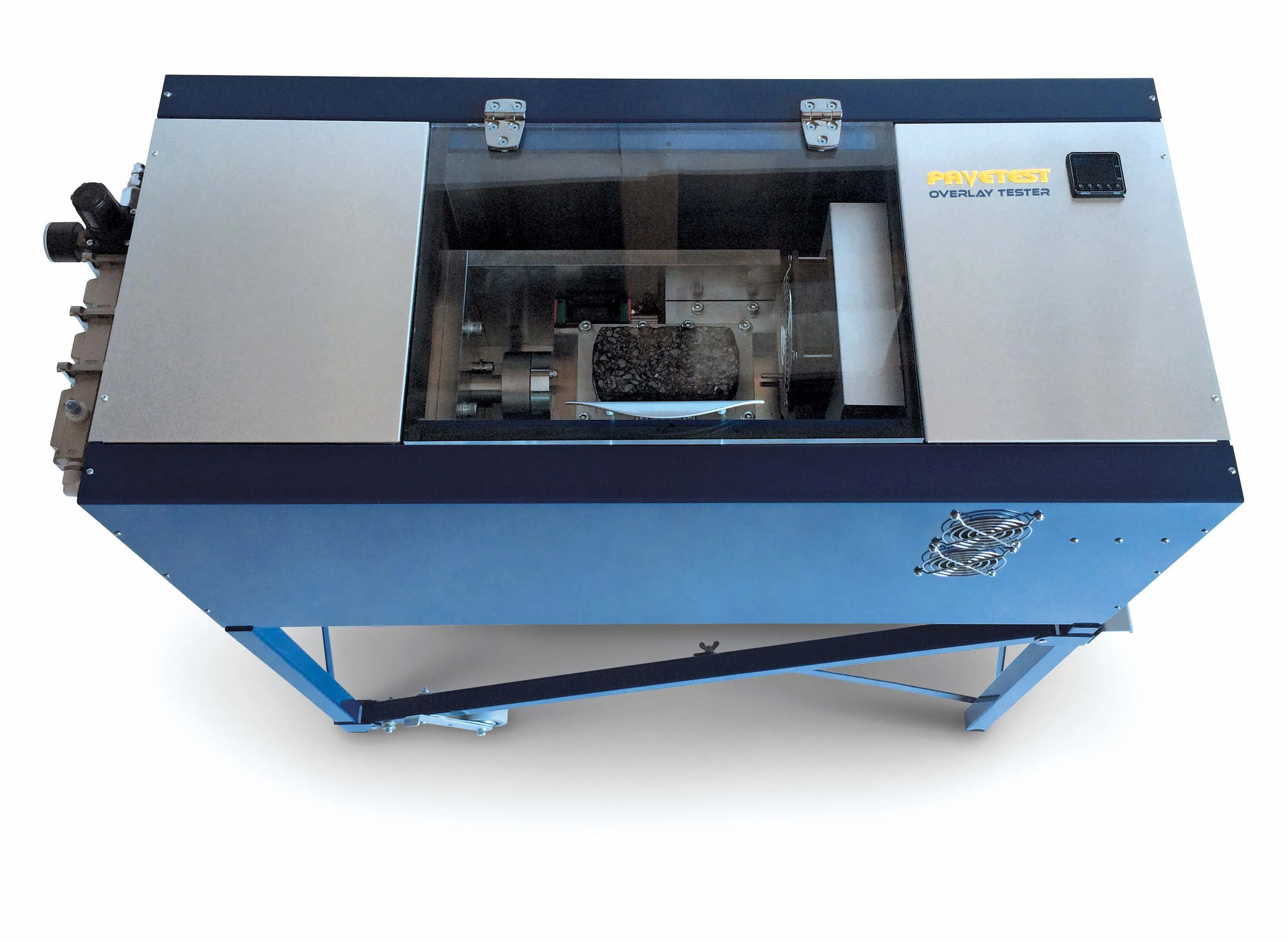
“IPC is a small player with fantastic technologies, unique products and a fantastic reputation. Those qualities have a very high value,” said Andrea Morotti, CONTROLS Group’s business development and strategy manager who provides the link between IPC Global in Australia and the group’s Italian HQ. “Our goal is for IPC Global to further develop its reputation as a solid company with superior R&D activity.”
IPC Global is now one of four brands in the CONTROLS Group: CONTROLS which covers concrete testing machines; Wykham Farrance for soil testing; PAVELAB Systems for asphalt testing; and IPC Global for advanced asphalt testing. It was IPC’s range of dynamic testing machines, developed over 30 years, which attracted CONTROLS to acquire it.
IPC Global operates as an independent company, said Morotti, able to exploit its connection with the parent group where it chooses to - for example using CONTROLS’ distributors in certain markets. This applies to R&D too. The group’s research teams in Italy and the UK are both being given specific tasks to complete which then feed back into the Australian R&D effort.
“In the future we could increase the R&D capacity further in Australia,” concluded Morotti. “With so many ideas, and such huge potential, we can probably develop even more products.”








